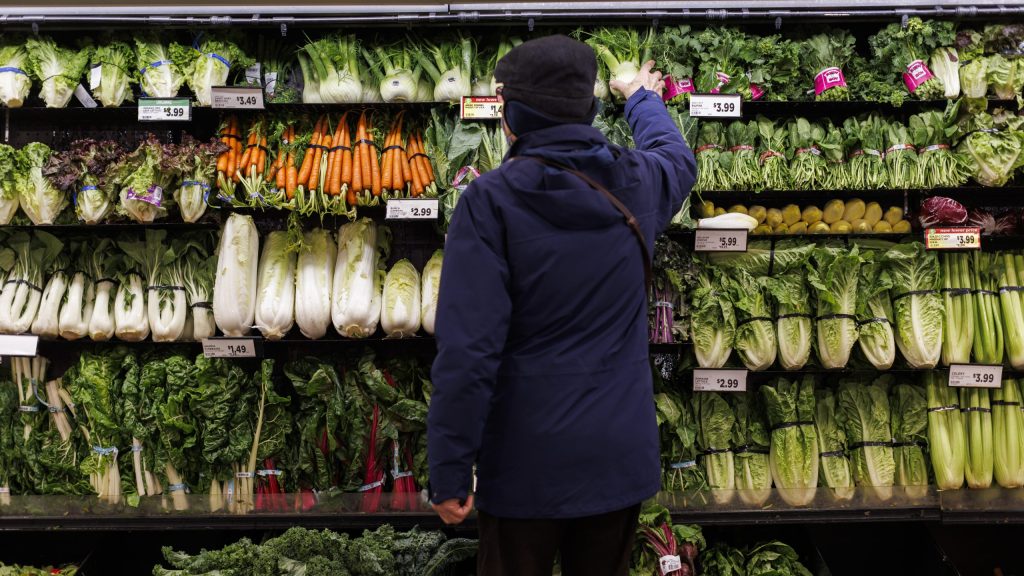Two-thirds of explanations for high food costs not backed by evidence: Study

Posted May 28, 2024 02:24:27 PM.
Last Updated May 28, 2024 02:29:41 PM.
The rising cost of food is an issue affecting everyone in the province, while most agree it’s a problem, finding consensus on the cause is another matter.
Some reports will blame the war in Ukraine, supply chain issues and the carbon tax, but a new study shows there is a lack of evidence to back up these claims.
Researchers at the University of Guelph and University of Ottawa looked at 12 of Canada’s Food Price Reports and 39 articles from Statistics Canada to detail how food prices are being reported and how that is being conveyed to the public.
Philip Loring, Adjunct Associate Professor at the University of Guelph co-authored the study, which found nearly two-thirds of the explanations for price changes are “not backed by evidence.”
He told The Mike Farwell Show they found the reports presented incomplete data that failed to back up the claims.
“There are a lot of claims with no evidence and there are a lot of claims with evidence but no clarity regarding why the evidence is relevant,” he said. “So, we walked away with a sense of lacking, that we wanted better information and we should be making policy based on better information.”
The study argues that the data needs to be presented in a way that upholds the principles of scientific rigour. The facts presented need to be backed by verifiable observations or data that provides grounds for the claim, the study reads. And, it must be able to provide a logical link between the evidence and the claim.
Loring also said the reports have gaps that don’t consider all the factors when presenting the information.
He said the Canadian government’s Grocery Code of Conduct is an opportunity to improve how data is presented and ensure transparency. That would ensure complete data is being used to inform policy.








